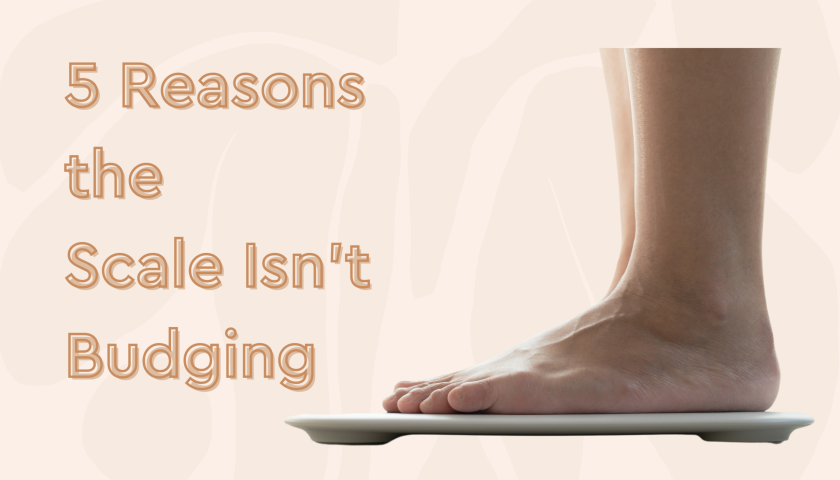Rebooting Your Rest: A Holistic Guide to Overcoming Sleep Deficits and Embracing Rejuvenation
Chronic sleep deprivation is no longer a mere inconvenience; it’s a growing public health concern with significant implications for individual and societal well-being. Recent research indicates a strong correlation between poor sleep quality and a multitude of adverse health outcomes, including weight gain, impaired cognitive function, cardiovascular issues, and even an increased risk of chronic diseases.
Understanding the Underlying Causes:
Insomnia, the most common sleep disorder, is often a symptom of a deeper issue. As Dr. Jaya Sukul, Clinical Psychologist at Marengo Asia Hospital, rightly points out, sleep problems can stem from physical and mental health conditions, lifestyle habits, and stress. Recognizing the underlying cause is crucial for designing an effective intervention plan.
The Ripple Effect of Sleep Deprivation:
Mansi Gulati, International Face Yoga Expert, aptly highlights the cascading effects of sleep deprivation on the immune system. Extended periods of poor sleep can lead to low-grade inflammation and a compromised immune response, rendering individuals more susceptible to infections and illnesses. This further emphasizes the importance of prioritizing sleep as a fundamental pillar of overall health.
Practical Strategies for Restful Sleep:
Dr. Sukul offers several practical recommendations to combat sleep disturbances:
- Optimize the Sleep Environment: Opt for a comfortable pillow, maintain a cool, dark, and quiet bedroom, and avoid screen time before bed.
- Establish a Consistent Sleep Schedule: Go to bed and wake up at roughly the same time each day, even on weekends, to regulate your body’s natural sleep-wake cycle.
- Promote Relaxation and Stress Management: Techniques like meditation, controlled breathing, and gentle stretches can help quiet the mind and prepare the body for sleep.
- Avoid Stimulants and Heavy Meals: Limit caffeine intake, especially in the evening, and avoid large meals close to bedtime to prevent digestive discomfort and sleep disruptions.
- Seek Professional Help When Needed: If sleep problems persist despite lifestyle adjustments, consult a doctor or sleep specialist for a comprehensive evaluation and personalized treatment plan.
Beyond Individual Impact:
Addressing the issue of poor sleep extends beyond individual health concerns. The economic burden of sleep deprivation is substantial, impacting productivity, presenteeism, and absenteeism in the workforce. By promoting healthy sleep habits and creating supportive environments, we can foster a more productive and resilient society.
Bottemline: Prioritizing sleep is no longer a luxury; it’s a necessity for maintaining optimal physical and mental health, maximizing cognitive function, and enhancing overall well-being. By adopting a multi-faceted approach that addresses the underlying causes of sleep problems and promotes healthy sleep practices, we can empower individuals and communities to thrive in a world that often demands constant activity. Let’s prioritize sleep not just for individual health, but for the collective well-being of our society.






